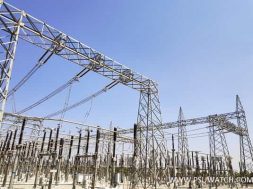
In Short : Delhi’s upcoming EV Policy 2.0 aims to curb pollution by phasing out fossil fuel vehicles. From August 2025, new CNG auto and goods carrier registrations will stop; older autos must convert to electric. By August 2026, new petrol, diesel, and CNG two-wheelers will be banned. All intra-city buses must be electric by 2027, reinforcing Delhi’s clean mobility push.
In Detail : The Delhi government is poised to launch the much-anticipated Delhi EV Policy 2.0, aiming to accelerate the adoption of electric vehicles in the capital. The policy, which will replace the existing framework, brings several strong measures focused on reducing the use of fossil fuels in public and commercial transport.
A major highlight of the draft policy is the ban on new CNG autorickshaw registrations from August 15, 2025. Additionally, permits for existing CNG autorickshaws will not be renewed, and only electric alternatives will be allowed going forward. CNG vehicles over 10 years old must be converted to electric or replaced.
Further, the policy sets a roadmap to eliminate fossil fuel-powered two-wheelers by August 15, 2026, and bars diesel, petrol, or CNG-powered goods-carrying three-wheelers from new registrations starting August 15, 2025.
In line with the green transition, municipal garbage collection vehicles across departments such as MCD, NDMC, and DJB are mandated to achieve 100% electrification by December 31, 2027. Public buses operated by DTC and DIMTS are also to be converted to electric, with only electric buses to be purchased for intra-city use going forward.
The policy, still awaiting cabinet approval, may undergo changes — especially concerning two-wheeler provisions. Meanwhile, the current EV policy has been temporarily extended following its expiry on March 31.
This ambitious policy signals Delhi’s firm commitment to creating a sustainable and clean urban mobility ecosystem.










